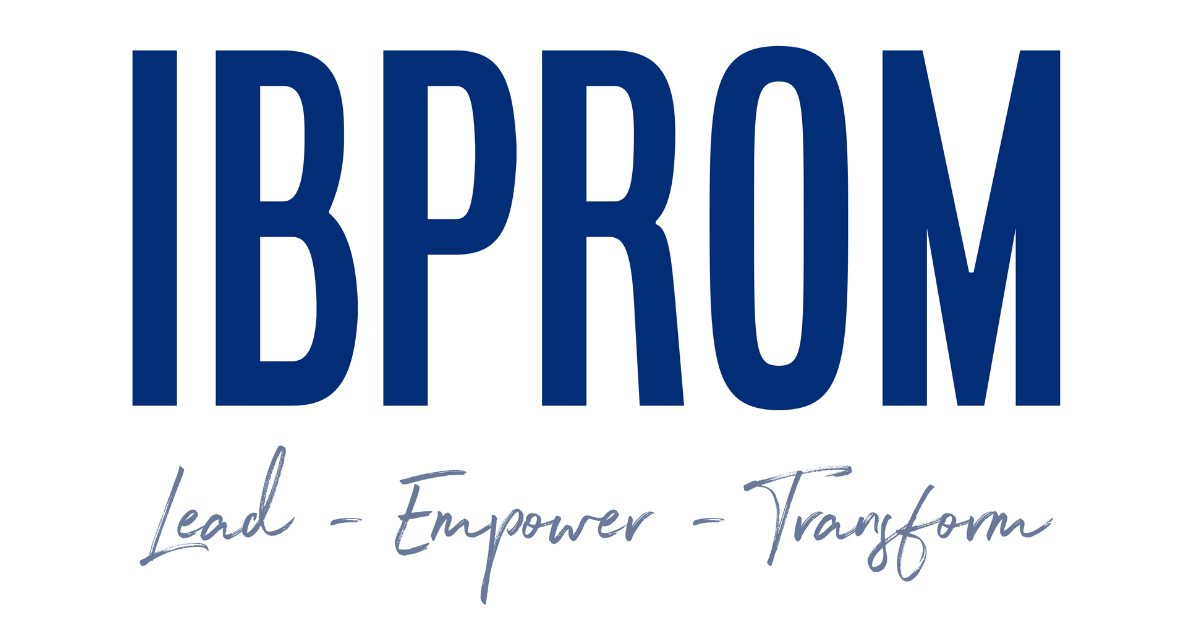As a key component of effective communication, active listening plays a vital role in developing strong leadership capabilities. Active listening in leadership extends beyond simply hearing the words spoken by team members; it involves fully understanding, processing, and responding to the message being conveyed. By honing active listening skills, leaders can foster a work environment where team members feel valued, respected, and supported, leading to increased engagement, trust, and collaboration.
Active listening not only elevates the quality of communication within an organization but also influences the performance, morale, and productivity of the entire team. When leaders actively listen to their team members, they create an atmosphere of open dialogue that encourages problem-solving, innovation, and teamwork. Consequently, active listening is critical for cultivating an inclusive and high-performing work environment.
Mastering active listening is a skill that can be developed and refined over time through practice, awareness, and targeted development initiatives. By employing specific techniques, such as paraphrasing, asking open-ended questions, and providing feedback, leaders can enhance their active listening skills and, ultimately, their overall leadership effectiveness.
The Benefits of Active Listening in Leadership
1. Fostering Engagement and Trust
Active listening signals to team members that their thoughts, feelings, and perspectives are valued and respected. This fosters engagement and trust, as individuals feel more comfortable sharing their insights, concerns, and ideas with their leader. Trust is a cornerstone of an effective team, and active listening lays the groundwork for cultivating a trusting work environment.
2. Encouraging Creativity and Problem Solving
Leaders who actively listen to their team members create an open and collaborative atmosphere where individuals feel comfortable sharing creative ideas and new perspectives. This willingness to listen and consider diverse viewpoints fosters a fertile ground for problem solving, innovation, and organizational growth.
3. Improving Decision-Making and Conflict Resolution
Active listening helps leaders better understand the underlying issues, needs, and concerns of their team members. This deeper understanding allows for more informed decision-making and faster resolution of conflicts within the team, ultimately leading to improved performance and interpersonal dynamics.
4. Enhancing Team Collaboration
By demonstrating active listening, leaders encourage the same behavior among their team members. This establishes a culture of open communication, mutual respect, and collaboration, paving the way for greater teamwork and success.
Building Your Active Listening Skills
1. Show Genuine Interest and Be Fully Present
When engaging in active listening, it is essential to show genuine interest in what the speaker is saying. Check your body language, making eye contact, and maintaining an open posture to signal your attentiveness. Be fully present in the conversation, avoiding distractions such as electronic devices or unrelated thoughts.
2. Paraphrase and Reflect
Paraphrasing involves repeating back, in your own words, the key points expressed by the speaker. This demonstrates your understanding and allows the speaker to clarify or expand on their message if necessary. Reflecting, or sharing your perception of the speaker's feelings, can further build rapport and demonstrate empathy.
3. Ask Open-Ended Questions
Asking open-ended questions encourages the speaker to share more about their thoughts and experiences, providing leaders with valuable insights. These questions typically begin with 'how,' 'what,' or 'why' and allow the speaker to elaborate on the topic.
4. Provide Constructive Feedback
Offering constructive feedback communicates that you have understood the speaker's message and acknowledges their efforts. Be mindful of your tone and body language, ensuring that your feedback is received in a supportive and non-threatening manner.
Conclusion:
Effective leadership relies on strong communication skills, including the ability to actively listen to team members. By honing active listening skills, leaders can foster an environment where engagement, trust, and collaboration thrive. Developing active listening capabilities can have a transformative impact on your leadership effectiveness and overall team performance. Our tailored programs are designed to help develop such skills, unlocking your full leadership potential and driving organizational success.
Unlock your leadership potential by mastering active listening and boosting engagement, trust, and collaboration in your team. Get in touch with IBPROM’s
leadership expert in Ottawa and learn more about our tailored programs designed to develop transformative leaders with strong active listening skills.







